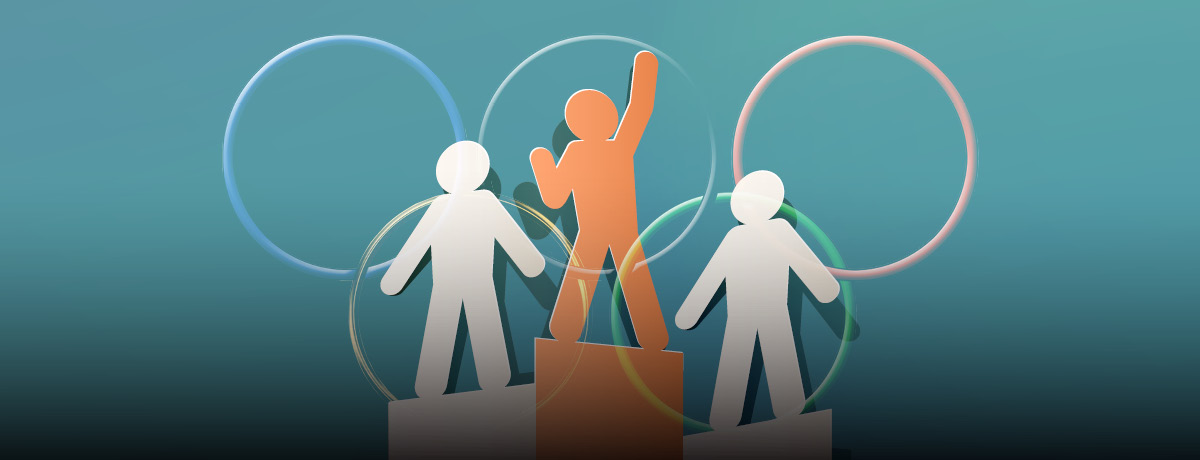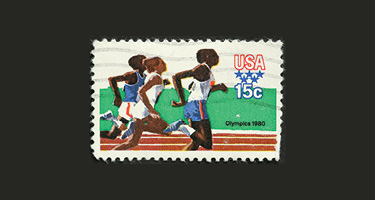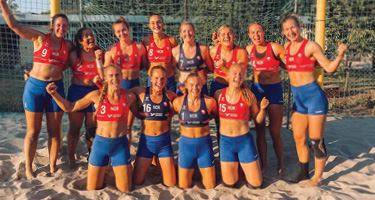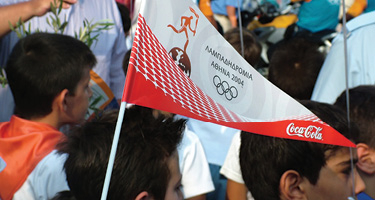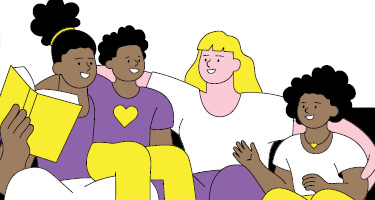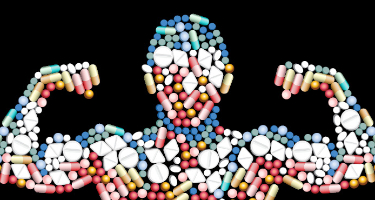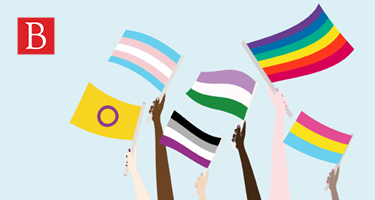The Tokyo Olympics, already historically different after the year-long COVID-19 delay, are breaking more records this year. The representation of athletes who are openly out as part of the LGBTQ community has more than doubled since the 2016 games. An estimated 163 lesbian, gay, bisexual, transgender, queer and nonbinary competitors are set to participate in the Olympic games in Japan, which officially begin today.
An article by Outsports states that at least 27 countries are represented in 30 different sports by LGBTQ athletes, with women notably outnumbering men by about 8-1. The United States has the highest representation with 30 LGBTQ athletes participating, followed by Canada, Britain and Netherlands each with 16 LGBTQ athletes. The total number of 2020 Olympic LGBTQ competitors is more than all other years combined, emphasizing an important shift towards acceptance around the world.
Time Magazine highlights Laurel Hubbard, a weightlifter from New Zealand, who will become the first ever transgender athlete to compete in the Olympics. Markus Thormeyer, a swimmer from Canada who came out publicly in 2020, states “being able to compete with the best in the world as my most authentic self at the biggest international multi-sport games show how far we’ve come on inclusion in sport.” His sentiments resonated with other LGBTQ athletes who hope to offer visibility to individuals who have generally not seen much of themselves in the Olympics. Many credit social media, with platforms like Instagram, where they are given a place to be authentic and accessible to followers.
But with so much more global LGBTQ representation this year, a single fact remains that one country is noticeably excluded from these statistics: the very country hosting this year’s games.
Japan still does not recognize same-sex marriage, and for LGBTQ individuals, protection against discrimination is all but non-existent. In fact, Japan’s views are so severely strict that the country requires all transgender people seeking legal recognition of their gender identity to be surgically sterilized. This insidious requirement is harmful and frightening, especially for those it affects. Human Rights Watch of Japan states that “requiring a medical intervention as a condition of having their gender identity legally recognized violates Japan’s human rights obligations and runs counter to international medical standards.”
Human Rights Watch wrote in 2019 that Japan’s government was making positive strides towards protections for LGBTQ individuals, and in 2018, a law was passed in Tokyo to protect against discrimination of gender or sexual orientation. This law was passed expressly in preparation for Tokyo to host the Olympics in 2020. Many athletes and activists in Japan thought that these Olympic games would usher in change and protection, but by June of 2021, Japan’s parliament broke their session with no new protective legislations to protect members of the LGBTQ community.
Olympic athletes are looked up to by so many, and for younger people to see something of themselves, to feel they are represented by both their countries and the people competing in the world’s largest event, matters. To see so much progress towards inclusivity among the most elite athletes in the world is important, and the legacy of these individuals will inspire future generations to come. For an event like the Olympics, which stands on the principle of forbidding discrimination of any kind, the idea that this year’s host country is without representation from a single out member of the LGBTQ community is disheartening. Perhaps this year will be a tipping point for Japan and other countries that continue to oppress LGBTQ individuals. The encouraging progress of this year’s games and the growing number of LGBTQ athletes stepping up to the world’s biggest arenas have the potential to spark change and ignite acceptance.
